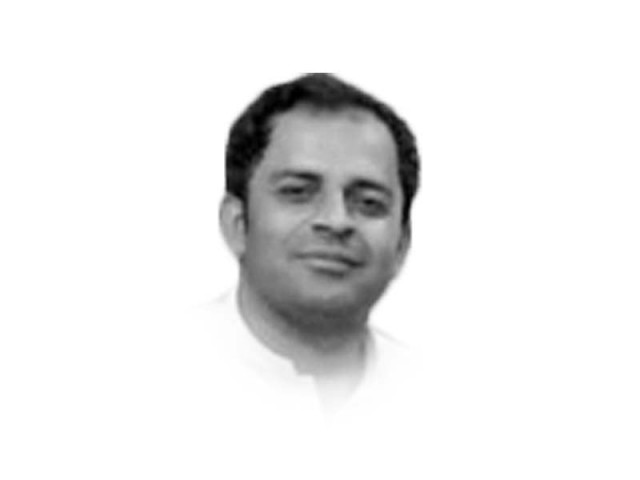Knowledge and wisdom
The root of imagination, for instance, is laid down in knowledge

Ever since their inception on Earth, humans have consistently strived to cultivate their intellectual potential through sensory and extrasensory perceptions, gathering information and developing a sound understanding of themselves and their surroundings. However, the mere accumulation of knowledge rarely proves productive unless it’s properly organised and put into practice. This gave rise to the question of knowledge and wisdom and the need to understand the relationship between the two.
Knowledge can be defined as the dynamic body of facts, information and skills humans have been acquiring through sensory perceptions, intuition, trial and error, revelation, practical experiences, enculturation and education. The raw facts of knowledge are assimilated and saved in the human mind and, in modern times, in virtual spaces. The environment and the inherent nature of untapped knowledge are neutral and objective; it’s the human perceptions and the underlying biases they hold that define the nature and the utility of the facts. Initially, human life was driven by knowledge, as the potential for organising and judiciously applying nascent knowledge remained largely untapped. It was only through the intellectual evolutionary journey that men began to refine knowledge for their productive applications. This refining capability of knowledge has dawned the systematic era of sagacity.
Wisdom implies making inferences from existing knowledge through careful discernment and its judicious application. Far from merely knowing facts and information, wisdom tends to understand the potential implications of knowledge and helps navigate the complexities of life through sound judgment and empathy. This is achieved by reflecting on and recognising the patterns of life and deciphering the connectivity among beliefs, thoughts and practices. Wisdom therefore transcends the bounds of mere possession of knowledge. Unless it’s organised and productively utilised, one can only reproduce already-existing facts. Knowledge and wisdom have an intimate and reciprocal relationship: while the former provides the latter with a foundation to operate on, the latter evaluates, refines and adds to the applied utilities of the former.
One might ask which of the two exerts greater influence on the other. The answer is: knowledge has a greater say in wisdom than the other way around, because the potential for understanding is inherent, but organising and judicious application are learned and largely depend on the knowledge base. The root of imagination, for instance, is laid down in knowledge. That is, creativity, imagination and even radical analysis are the extensions and organisations of knowledge. Therefore, the two exert a differential complimentary and correlative impact on each other. Spiritual awakening and metaphysical perceptions do not necessarily confirm this.
A question might arise about the alchemy of knowledge into wisdom i.e. what turns knowledge into wisdom?
First, experiences work as potential catalysts for turning knowledge into wisdom. The real-life encounters provide context for gauging the veracity of information and generate valuable insights from them.
Second, apart from being grounded in an understanding of the surroundings, wisdom springs from a deep reflection of the facts and their critical analysis. This allows one to understand the genuine patterns, their underlying tenets, and their application in real life.
Third, lessons from failures and mistakes also work as significant keys to wisdom. Analysing the failures along with their roots and adjusting future decisions and actions accordingly helps one get valuable insights into life.
Fourth, an integrated approach to knowledge with an established moral compass serves the purpose. This enables one to utilise knowledge and wisdom in sync with societal norms.
Last but not least, a tumultuous life adds to the wisdom. Traveling with patience and courage on a chaotic road of life strengthens and equips one with lessons and sound judgmental capacity. A challenging life, therefore, is a blessing in disguise.
Published in The Express Tribune, February 11th, 2024.
Like Opinion & Editorial on Facebook, follow @ETOpEd on Twitter to receive all updates on all our daily pieces.














COMMENTS
Comments are moderated and generally will be posted if they are on-topic and not abusive.
For more information, please see our Comments FAQ